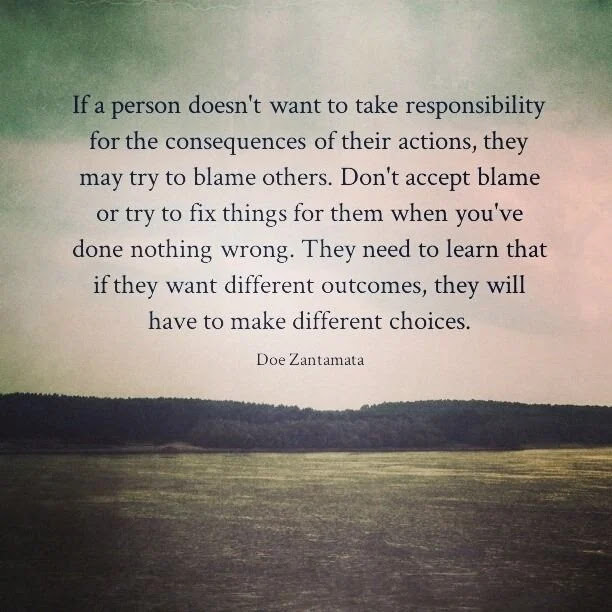Using data published by Councils themselves, at 2021
the total workforce of Councils across Scotland was 265,030 employees. Of
these, 4,017 [1.52%] identified as people from a Black Minority Ethnic [BME]
background, 187,315 [70.68%] identified as non-BME and 73,698 [27.81%]
did not reveal their ethnicity status. The latest population data from ScottishGovernment’s Equality Evidence Finder is that 4.6% of all adults were from a
BME background [as at 2018].
Most Councils indicated that their goal was to have a workforce profile which reflected the profile of the population served by the Council. The research constructed a league table using Census 2011 data and the workforce data published by Councils. This is reproduced below.
This reveals that there are over 5,800 people from a BME background missing from all of Scotland's Council workforces, over 100% more than is currently employed. The City of Glasgow Council is the worst offender, with 2,385 people from a BME background missing.
At the present rate of progress in increasing the number of people employed
who are from a BME background, Councils in Scotland will, collectively, take
over 50 years to reach a level of employment of people from BME
backgrounds which matches the level [today] of people from BME
backgrounds living in their communities. Given population projections are
predicting an increase in Scotland’s BME population to 7%71 in 2031, it is
likely the goal of achieving race equality in employment in Councils [based on
headcount alone] will take considerably longer than 50 years.
Reaching such a benchmark will not, however, ensure that employment
equality [by headcount] will be delivered for people who identify as Asian, or
African or Caribbean, or Black, or from a mixed ethnic group. Councils have
yet to start work on gathering and using data to help perform the general
equality duty which treats each cohort separately, and not create an artificial
aggregate of convenience which simply serves to prolong racial
discrimination in employment.
The research and findings, including the actual performance against benchmark as shown in the table above, was shared with Chief Executives and Leaders of Councils. A small minority of the Chief Executive or Leaders responded, with most recognising that their performance in eliminating employment discrimination is poor but failing to offer any bold, radical or new initiatives which will close the equality gaps for people from BME backgrounds in their Councils.
It is interesting to note that even in the face of the sustained failure of Councils to deliver employment equality for people from BME backgrounds, not one official and not one elected member has taken responsibility for it and resigned. Which perhaps offers a compelling illustration of a fundamental flaw in the law on eliminating discrimination. Not one person is required to resign, voluntarily or by collective corporate action, when failure on the scale of Glasgow City Council is revealed. The sense is clear that corporate and cultural responsibility for delivering equality rests all-too lightly on the shoulders of senior figures in Scotland's public sector.



